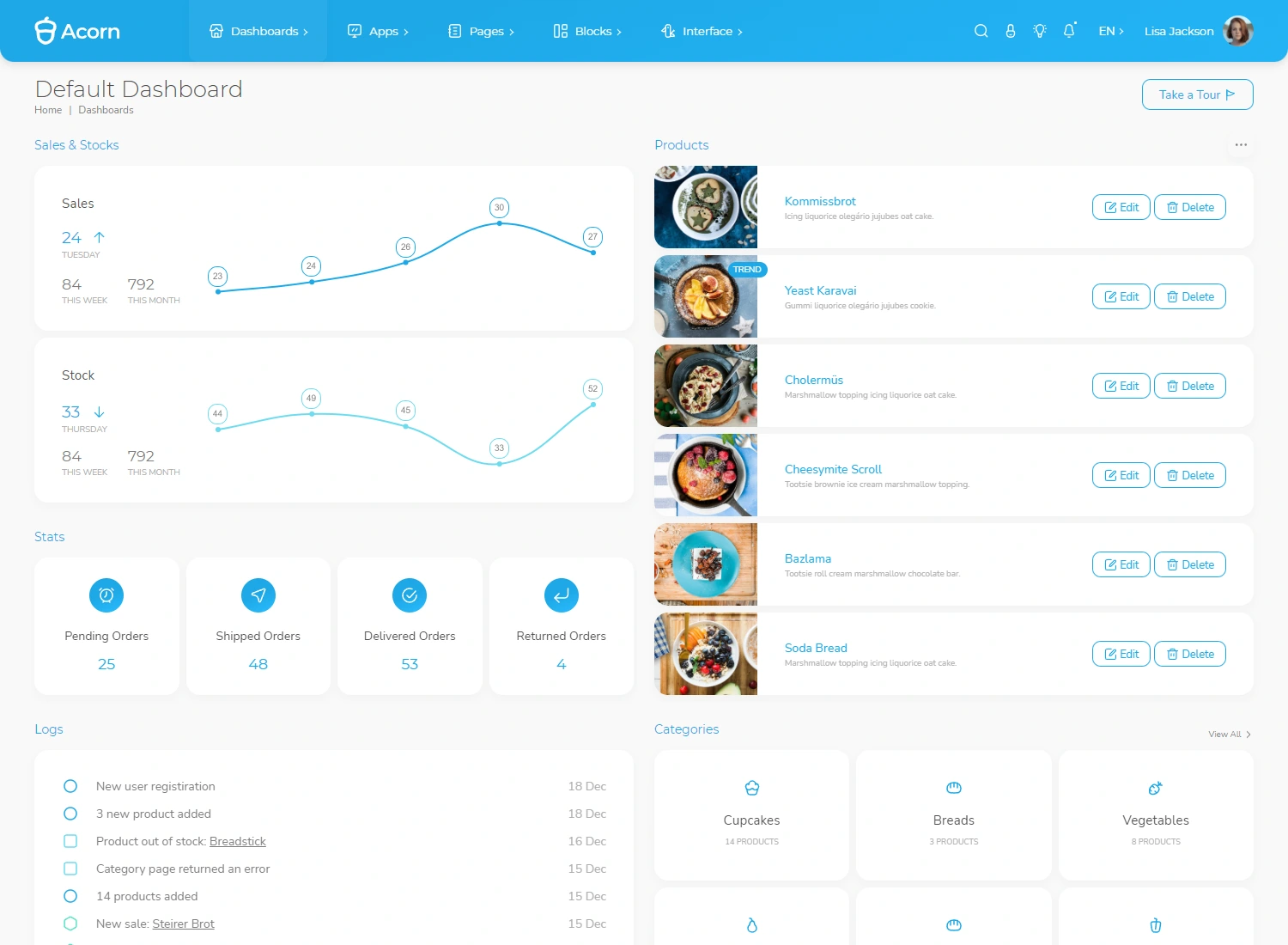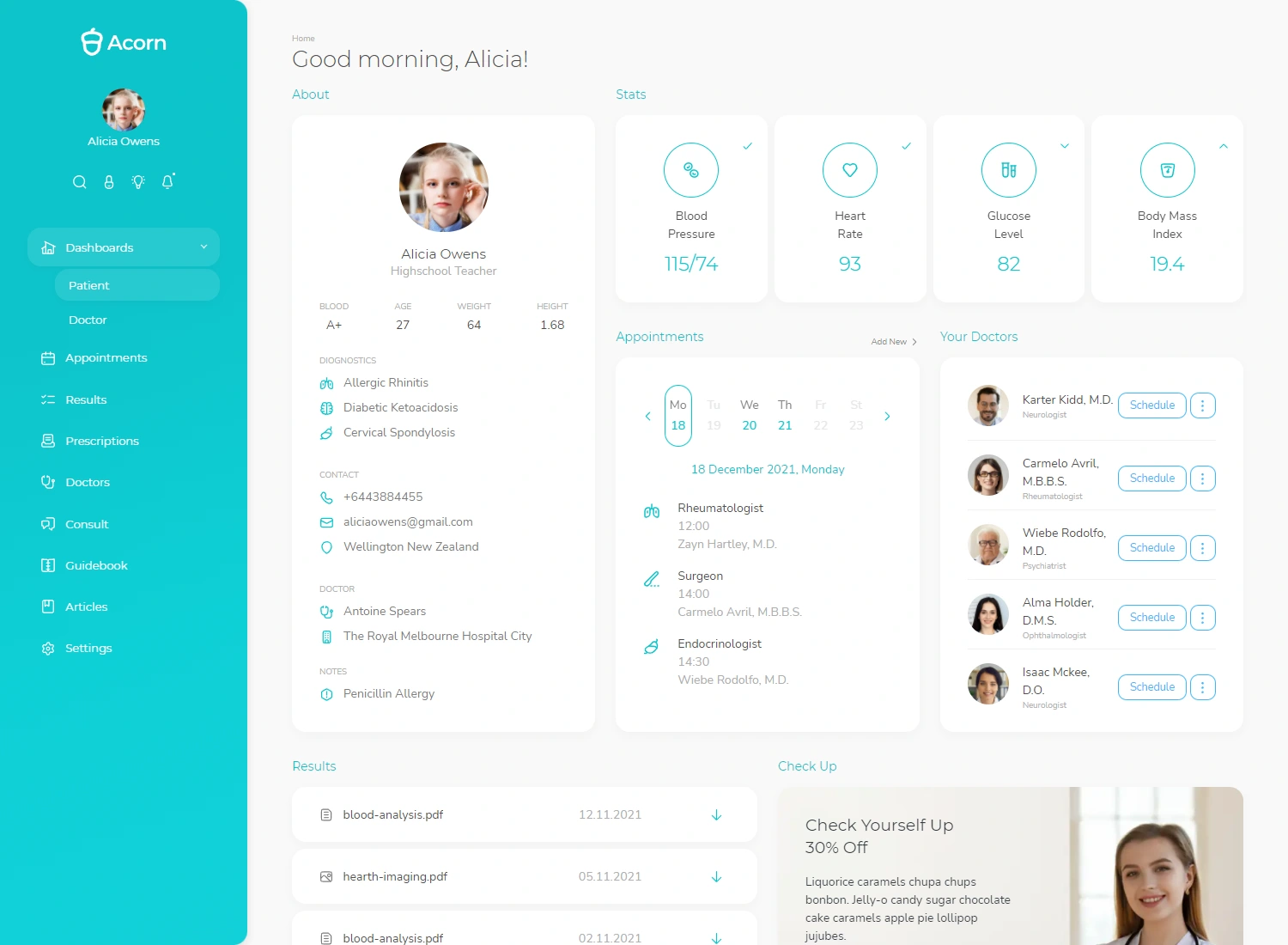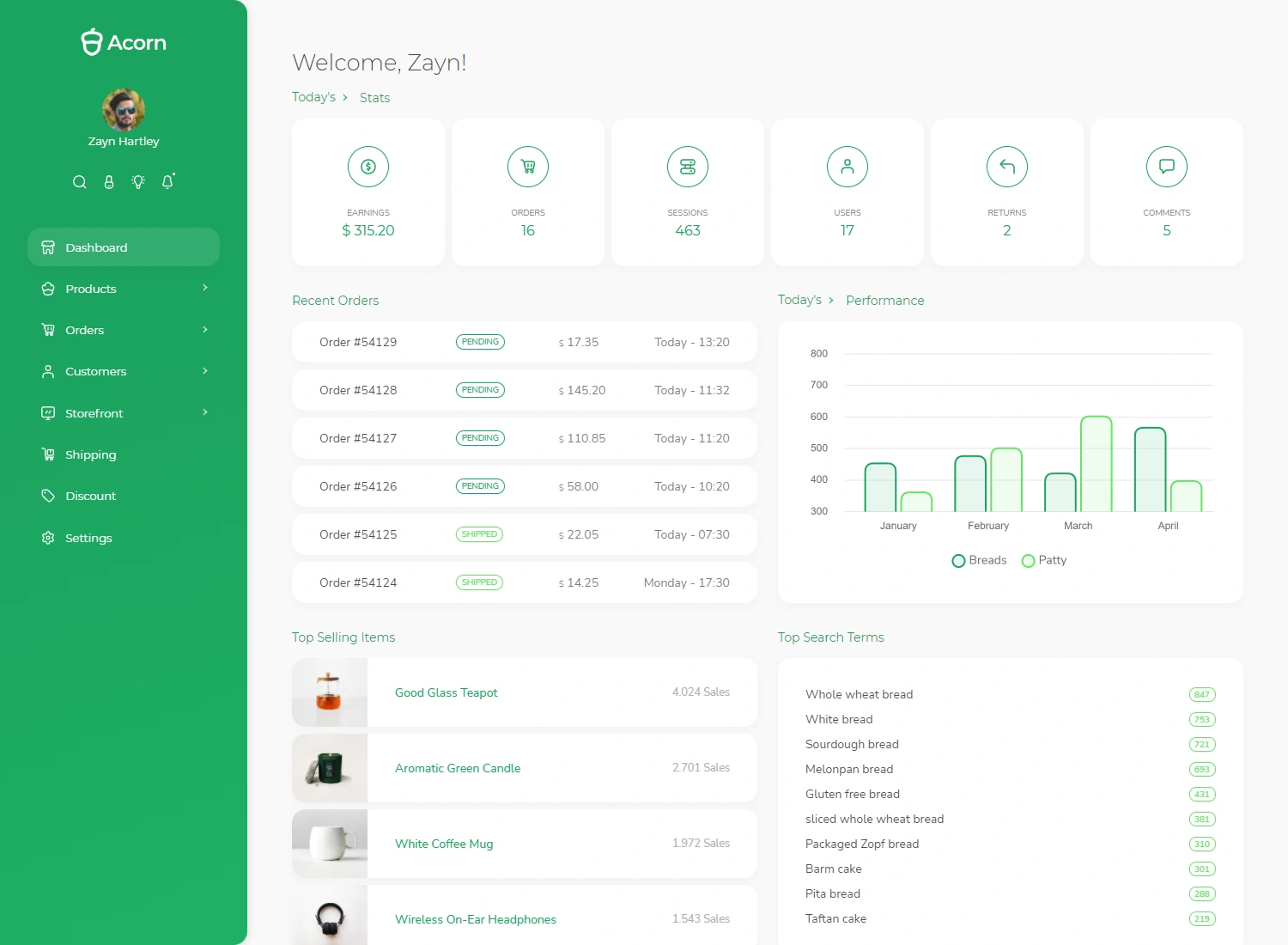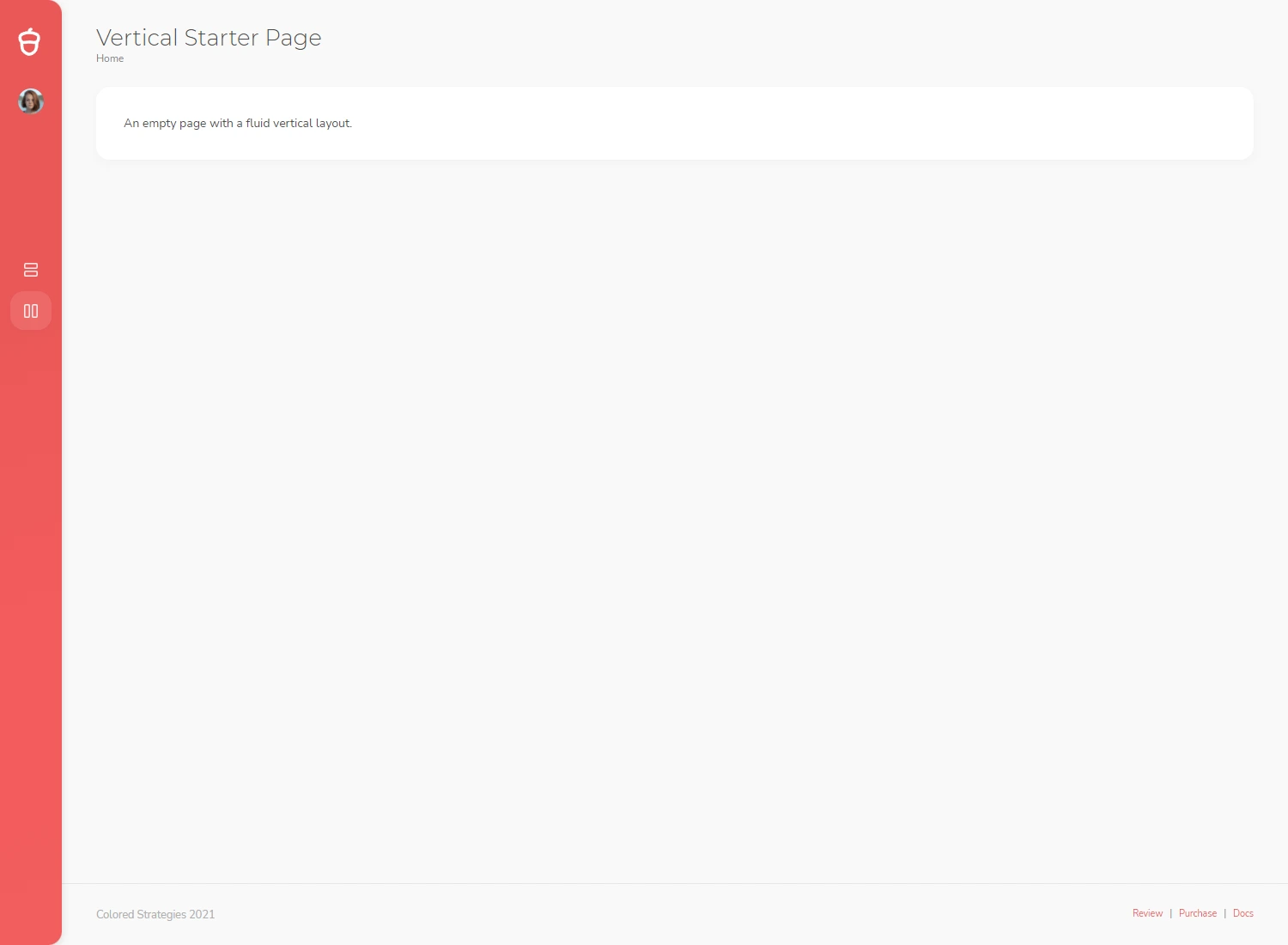In a significant escalation of the ongoing interstate water conflict, Goa Chief Minister Pramod Sawant informed the State Assembly that his government would move the Supreme Court with a contempt petition against Karnataka. The allegation pertains to Karnataka's continued attempts to divert the waters of the Mhadei river, despite the matter being sub judice.
This announcement comes amid mounting political pressure from opposition parties in Goa, who have criticised the State government for failing to restrain Karnataka's alleged illegal water diversion activities.
The Mhadei River: Lifeline Turned Flashpoint
The Mhadei river, known as the Mandovi once it enters Goa, originates in the Bhimgad Wildlife Sanctuary in Karnataka's Belagavi district and travels westward into Goa before emptying into the Arabian Sea. It is vital for Goa's ecology, agriculture, and drinking water supply, supporting not only urban and rural livelihoods but also sensitive ecosystems like the Mhadei Wildlife Sanctuary.
The river has become a flashpoint of contention between the riparian States of Goa, Karnataka, and Maharashtra, particularly due to Karnataka’s Kalasa-Banduri Nala project. This project aims to divert water from the Mhadei basin to meet the drinking water needs of Hubballi-Dharwad and surrounding districts in Karnataka's drought-prone Malaprabha basin. Goa has objected on the grounds that such diversion would threaten its water security and ecological stability.
Legal Battles and Tribunal's Role
To address the inter-state water-sharing dispute, the Union government had constituted the Mhadei Water Disputes Tribunal (MWDT) in 2010. In its final award in 2018, the Tribunal allocated:
-
13.42 tmcft of water to Karnataka,
-
1.33 tmcft to Maharashtra,
-
While Goa’s share was not explicitly curtailed, the State has expressed concerns over downstream flow reduction.
All three States challenged the Tribunal's award before the Supreme Court, and the matter remains pending. While the legal battle continues, Karnataka’s preparatory work and construction activities related to the Kalasa-Banduri project have become a fresh source of provocation.
Political and Legal Repercussions
Goa CM Pramod Sawant told the Assembly that though the State cannot directly stop Karnataka’s actions occurring within its jurisdiction, it has taken up the matter at the highest levels. “I have met Union Minister Bhupender Yadav personally,” Sawant stated, and added that Goa will now file a contempt petition in the Supreme Court, alleging Karnataka’s defiance of the legal process and tribunal status quo.
The Chief Minister’s response was prompted by sharp criticism from opposition MLAs, who accused his government of being ineffective in defending Goa’s water rights and environmental interests.
Ecological Stakes for Goa
Environmentalists warn that the diversion of Mhadei river water could have irreversible consequences for Goa's biodiversity. The river supports the Western Ghats’ delicate ecological balance and is crucial for maintaining forest cover, monsoon-fed agriculture, and the overall hydrological cycle in the region. Reduced downstream flow would also affect Goa's drinking water supply, increase saline water ingress, and harm tourism-related livelihoods.
Way Forward
The contempt petition in the Supreme Court could set a precedent regarding the sanctity of tribunal orders and the responsibility of riparian States to avoid unilateral actions. With the issue assuming larger federal implications, both the judiciary and the Centre may come under pressure to intervene decisively.
The Mhadei conflict thus remains not just a battle over water, but a complex tug-of-war involving ecology, politics, federalism, and the rule of law.





